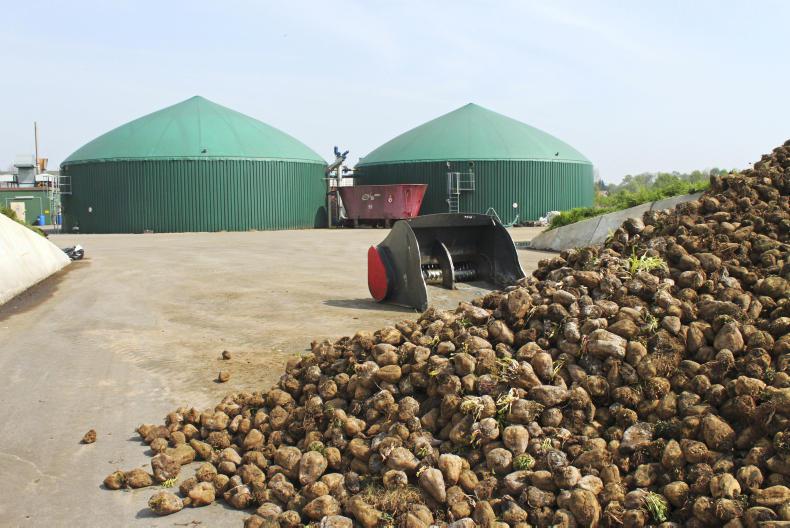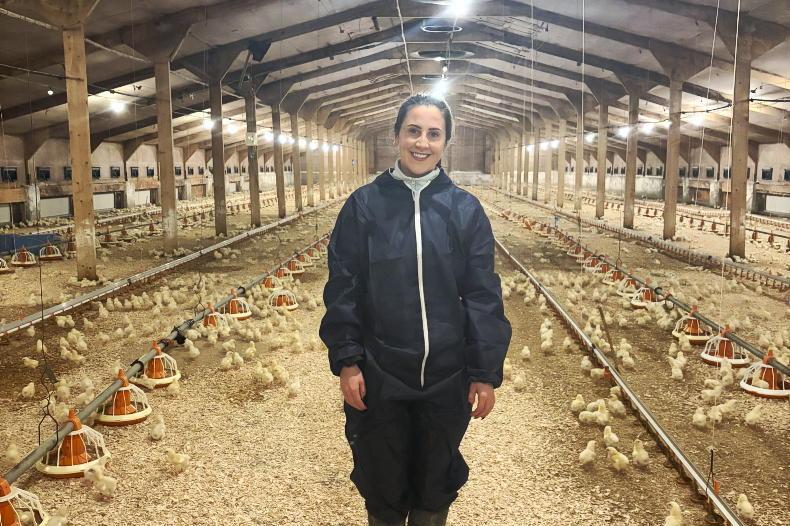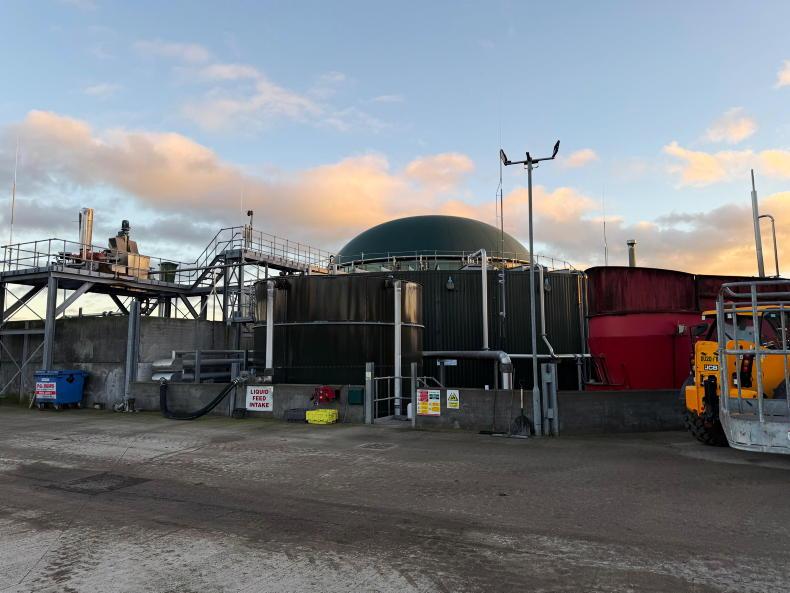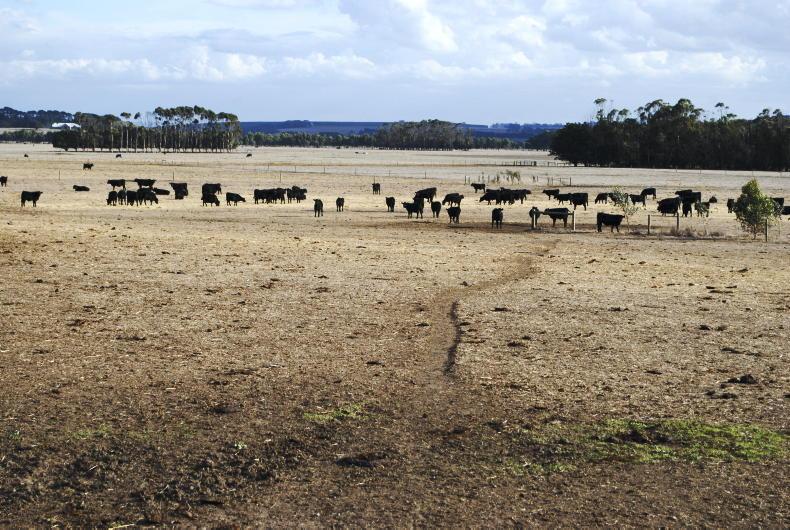Ireland is recognised by the European Commission as having the largest potential to produce biomethane in Europe.
The Commission estimates that 20% of current natural gas demand could be substituted with biomethane by 2030 if the correct supports are put in place.
This was reiterated by CEO of the Irish Bioenergy Association Sean Finnan on a recent webinar on the Biogas Channel.
“Ireland currently has 16 biogas plants and there is a further 15 plants which operate anaerobic digestion (AD) technology in waste water treatment facilities,” Sean commented.
“So the industry here is quite small, but has lots of potential for further development over the coming years,” he continued.
Biomethane
Biomethane is upgraded biogas, which is produced from AD plants. When upgraded, biomethane is over 97% in methane purity, chemically identical to natural gas and fully renewable.
AD is a natural fit for Ireland. Our beef and dairy sectors produce ample supplies of slurry for feedstock.
Furthermore, our temperate climate means we can grow feedstock - ie energy crops and grass - highly efficiently.
The vast majority of AD plants in Europe combust biogas to produce electricity and heat, the economics of which are underpinned by various support schemes and incentives.
Technologies
However, there are many other technologies available today which produce renewable electricity more competitively when compared with anaerobic digestion, ie wind and solar.
It is now widely recognised that the role of AD in the future isn’t to produce electricity, but is instead to produce biomethane to displace natural gas, oil and diesel for heat and transport.
These sectors are proving challenging to decarbonise and Ireland continues to fail miserably in its attempts.
What supports are available
As its stands, the biggest obstacle to the development of a meaningful AD biomethane industry is financial support, or lack thereof.
The challenge with biomethane is that the gas isn’t cheap to produce, estimated at over 9c/kilowatt hour (kWh) by the Renewable Gas Forum of Ireland.
Whereas its fossil fuel equivalent, natural gas, is still very cheap at around 3c to 4c/kWh (commercial rate).
AD biogas to electricity has been supported in Ireland under the Renewable Energy Feed-in Tariff (REFIT) Scheme, which provided support to generators for 15 years.
The last scheme was closed for entries in 2015, but the level of tariff support was low.
In more recent times, the Support Scheme for Renewable Heat provides support for biogas powered combined heat and power (CHP) plants and boilers, but the scale is too small to justify the construction of a new plant feasible.
The Micro Generation Scheme, due to be launched later this year, is expected to support electricity production from biogas, but, again, the scale which is permitted is too small to make a new plant feasible.
Appetite
So, currently, despite all of Ireland's AD biomethane potential and a clear appetite for the technology at farm level, there is no support scheme currently in place, or likely to be put in place to support the industry.
However, is there another way to stimulate the development of a large-scale AD biomethane industry? The answer is yes.
What is article 23 and why is it important?
It’s clear that there isn’t an appetite in some quarters of Leinster House, otherwise we would have seen meaningful AD supports put in place long ago to support the industry.
It obliges users to have at least 1.3% renewable heat in their heat mix by 2026
However, it’s no longer up to the Irish Government alone and Article 23 of the EU Renewable Energy Directive II is the reason why.
Article 23 is a mandatory renewable heat obligation scheme. It obliges users to have at least 1.3% renewable heat in their heat mix by 2026 at the latest.
This increases by 1% every year thereafter to meet the renewable heat targets set by the Irish Government.
The latest date for implementation is 2026. However, participants of the biomethane industry initiative Project Clover are calling on the Government to implement Article 23 at the earlier date of 2023, to help stimulate the market.
Demand
Electrification of heat may satisfy some of this demand from low industrial and residential heat users, renewable gas is the lowest-cost option for large industrial heat users to meet this renewable obligation.
With the viability of hydrogen still many years away, biomethane will be the only other viable renewable gas which will allow Ireland to meet its obligations.
So whether the Government likes it or not, biomethane produced from farms will play a role in Ireland’s energy future. The only question is will they get behind it.










SHARING OPTIONS